Indigenous Governance Database
ancestral lands

Evaluating the Social Impact of Indigenous Art Projects by Way of Aesthetic Impact
This post is part of Americans for the Arts' Excellence and Equity in Arts for Change blog salon.Indigenous artists have long used art as a means of pushing back on colonial actions, ideas, and ways of being. It is not only a powerful vernacular in which to communicate about the persistence of…
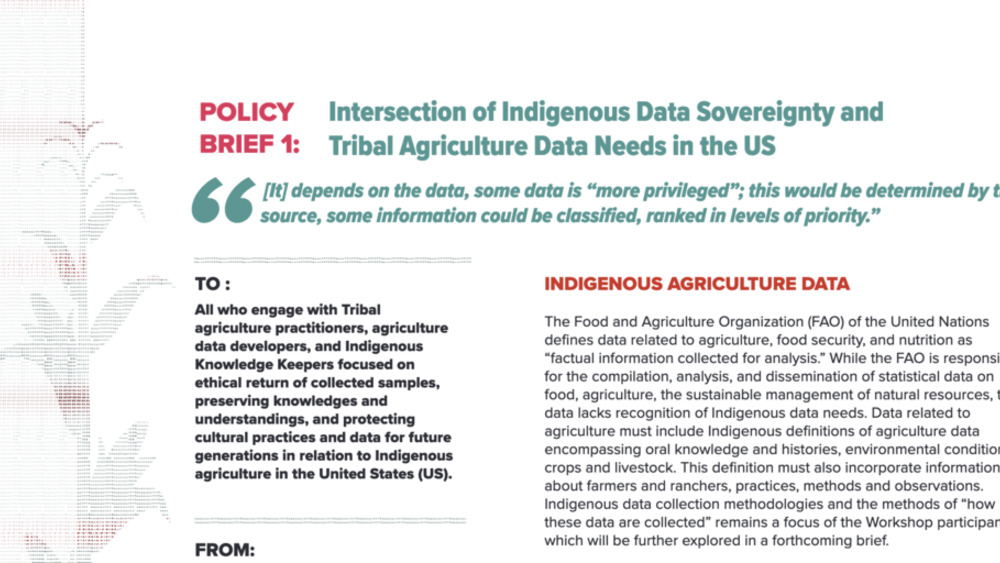
Intersection of Indigenous Data Sovereignty and Tribal Agriculture Data Needs in the US
Indigenous Peoples have always been agriculture data developers and keepers. Acknowledging the importance of Indigenous agriculture data to communities, an eight member Indigenous steering committee representing eight different Tribal Nations throughout the United States (US) designed and…
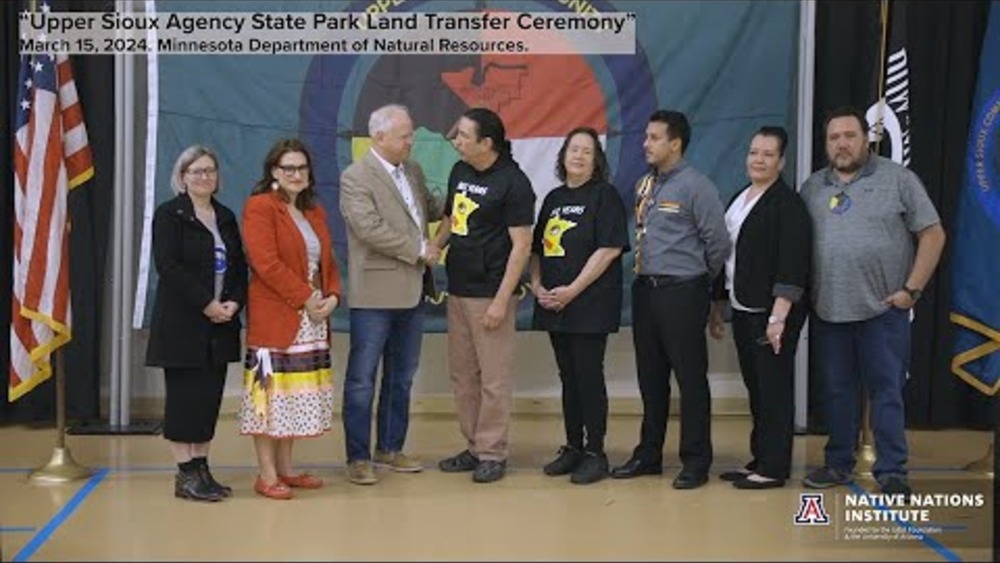
Landback: The Return of Upper Sioux Agency State Park to the Upper Sioux Community
After decades of campaigning by Upper Sioux Indian Community Chairman Kevin Jensvold, the State of Minnesota finally returned the land formerly known as Upper Sioux Agency State Park to its rightful Dakota stewards in March 2024. Minnesota Department of Natural Resources Director of Tribal…
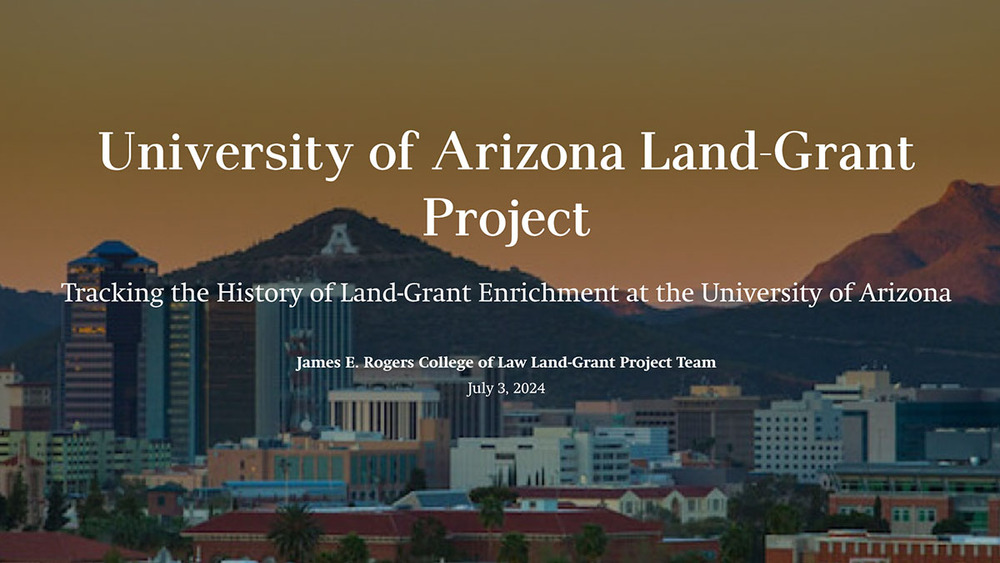
University of Arizona Land Grant Project
Tracking the History of Land-Grant Enrichment at the University of ArizonaAn interactive story map built by the James E. Rogers College of Law Land-Grant Project Team, the goal of the University of Arizona Land-Grant Project is two-fold:(1) to research, share, and begin to understand how the…
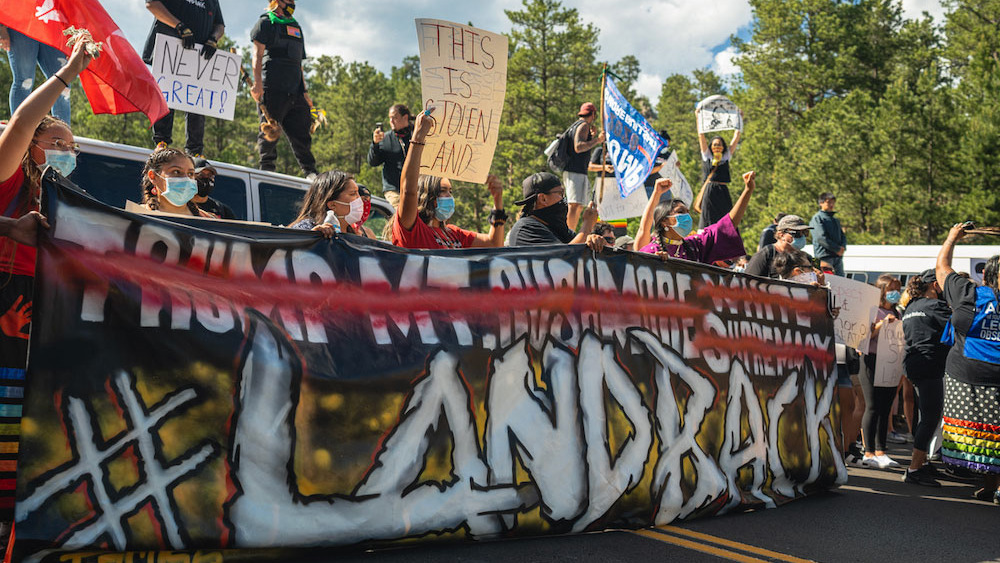
ʻAʻole Pau Ka ʻIke I Ka Hālau Hoʻokahi (Knowledge Is Not Restricted To One School Of Thought): Reflecting on the Significance of Indigenous Knowledge in Geography
Geography is a discipline that has traditionally been focused on the study of place and space, but understanding and interpreting its concepts has been shaped by a dominating Eurocentric influence. Indigenous knowledge (IK) and perspectives have historically been marginalized or excluded altogether…
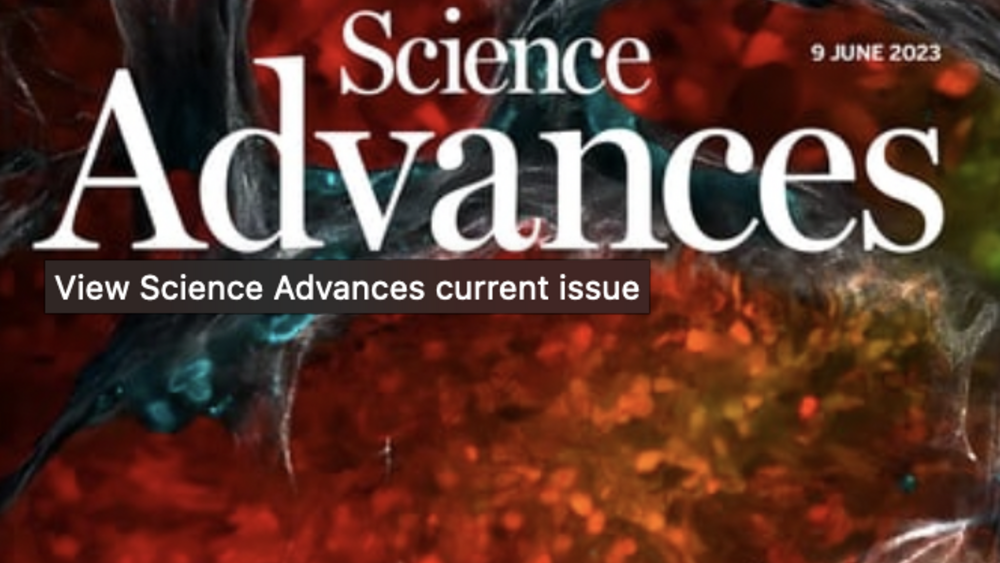
Global impacts of extractive and industrial development projects on Indigenous Peoples’ lifeways, lands, and rights
To what extent do extractive and industrial development pressures affect Indigenous Peoples’ lifeways, lands, and rights globally? We analyze 3081 environmental conflicts over development projects to quantify Indigenous Peoples’ exposure to 11 reported social-environmental impacts jeopardizing the…
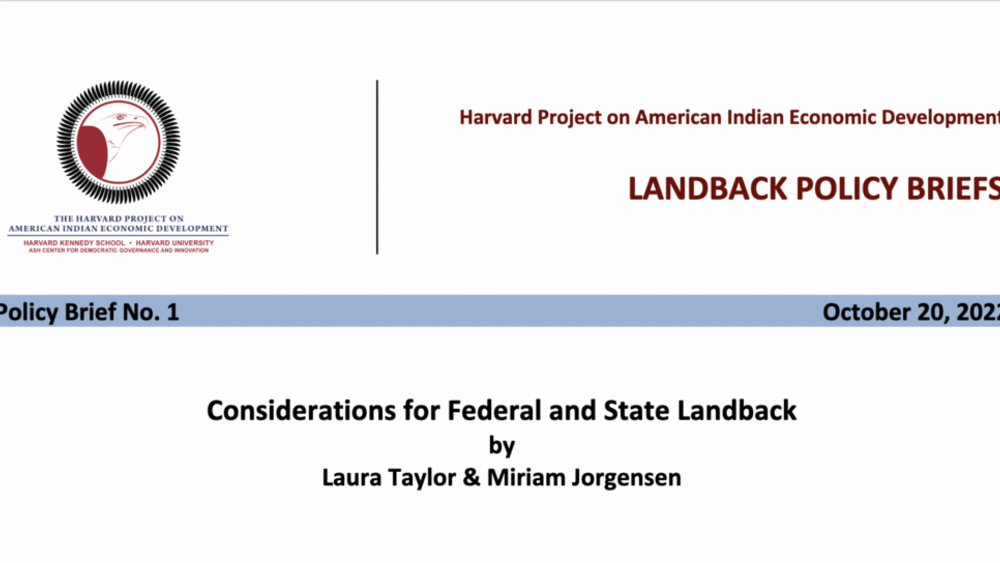
Considerations for Federal and State Landback
This policy brief showcases how geographic information system (GIS) techniques can be used to identify public and/or protected land in relation to current and historic reservation boundaries, and presents maps showcasing the scope of landback opportunities. These lands include federal- or state-…
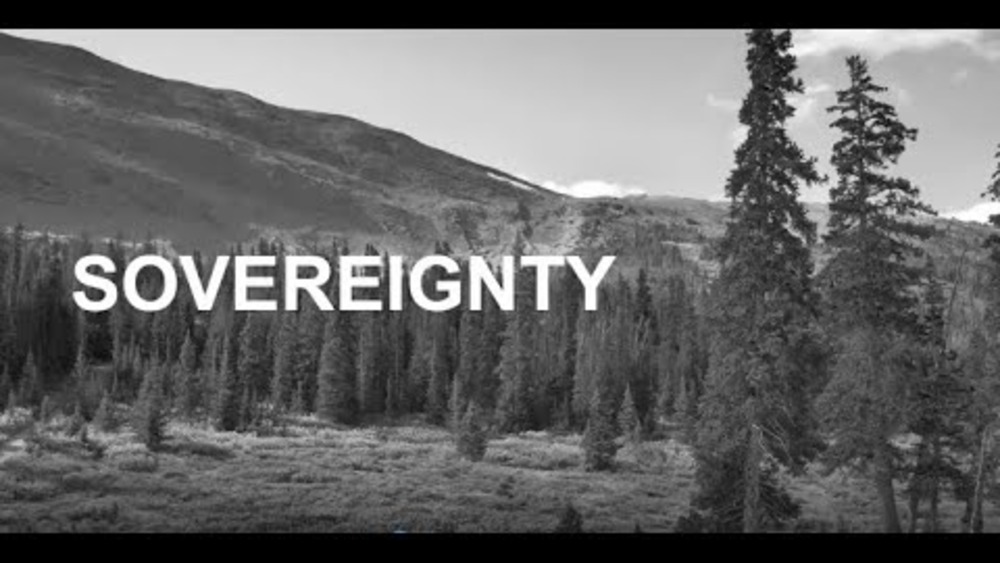
Indigenous Data Sovereignty: How Researchers can Empower Data Governance with Lydia Jennings
Indigenous land management practices result in higher species richness, less deforestation, and land degradation than non-Indigenous strategies. Many environmental researchers, data repositories, and data service operations recognize the importance of collaborating with Indigenous nations,…
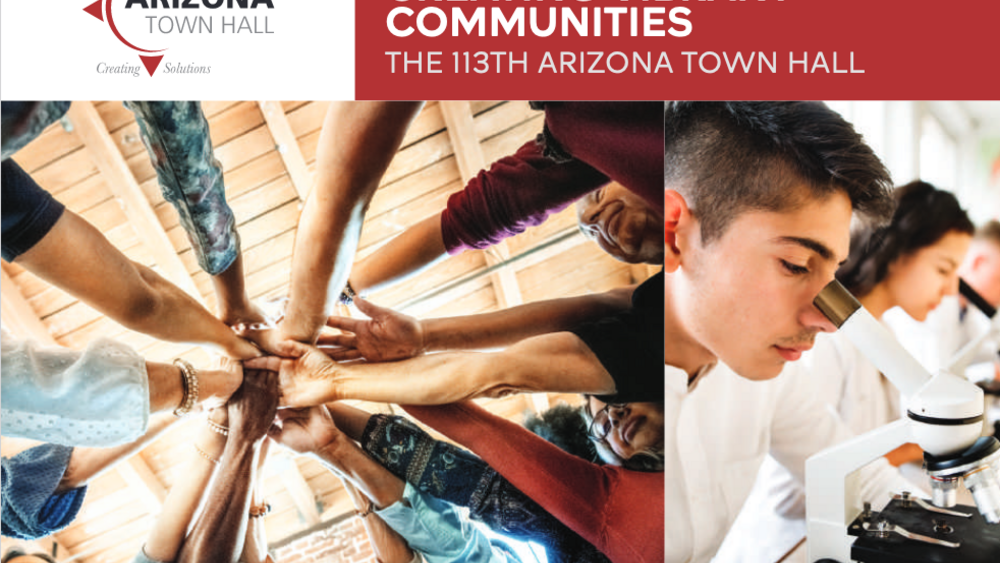
The Role of Tribes and Tribal Relations in Creating a More Vibrant Arizona (Chapter in The 113th Arizona Town Hall's "Creating Vibrant Communities")
Arizona’s rich history begins with its Native inhabitants. Since time immemorial, Native Peoples built their own vibrant communities in the region’s river valleys, high deserts, mountains, and forests. Western archeologists affirm this long occupancy; they document ancestral Puebloan, Sinagua,…
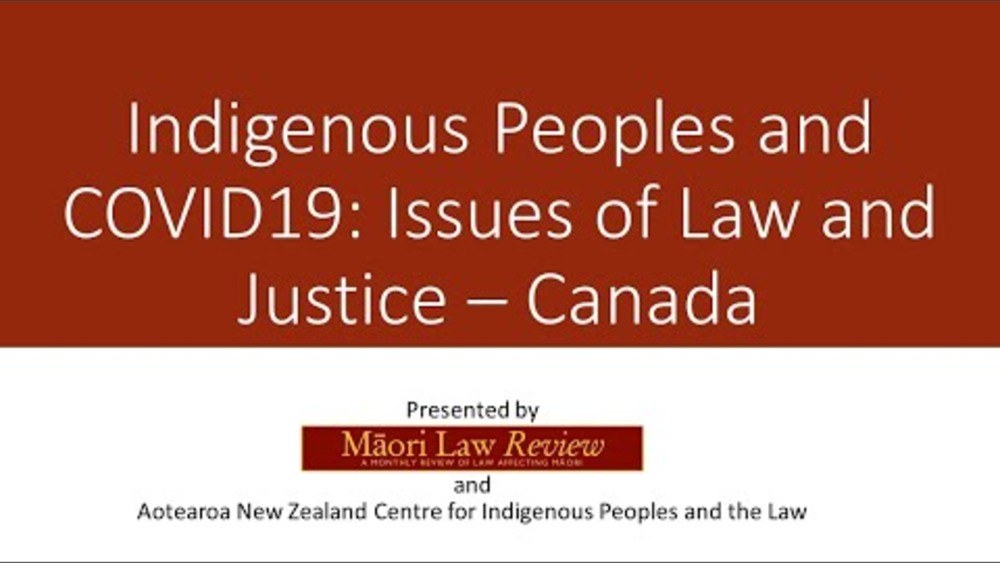
Indigenous Peoples and COVID-19: Issues of Law and Justice – Canada
A co-production of New Zealand's Victoria University of Wellington and the Aotearoa New Zealand Centre for Indigenous Peoples and the Law, the "Indigenous Peoples and COVID-19: Issues of Law and Justice" is a series of conversations focused on the experiences of Indigenous Peoples with COVID…
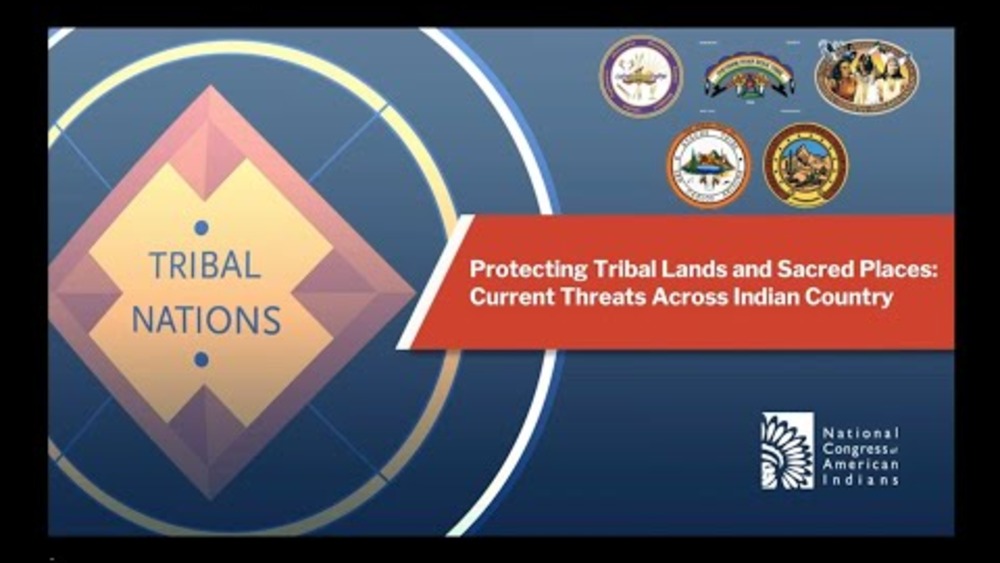
NCAI Forum: Protecting Tribal Lands and Sacred Places: Current Threats Across Indian Country
The latest in NCAI’s ongoing series of virtual events featuring tribal leaders, this forum shares the stories of five tribal nations working to protect their tribal homelands in the face of baseless attacks by the federal government, and discussed how the federal government must recommit to its…
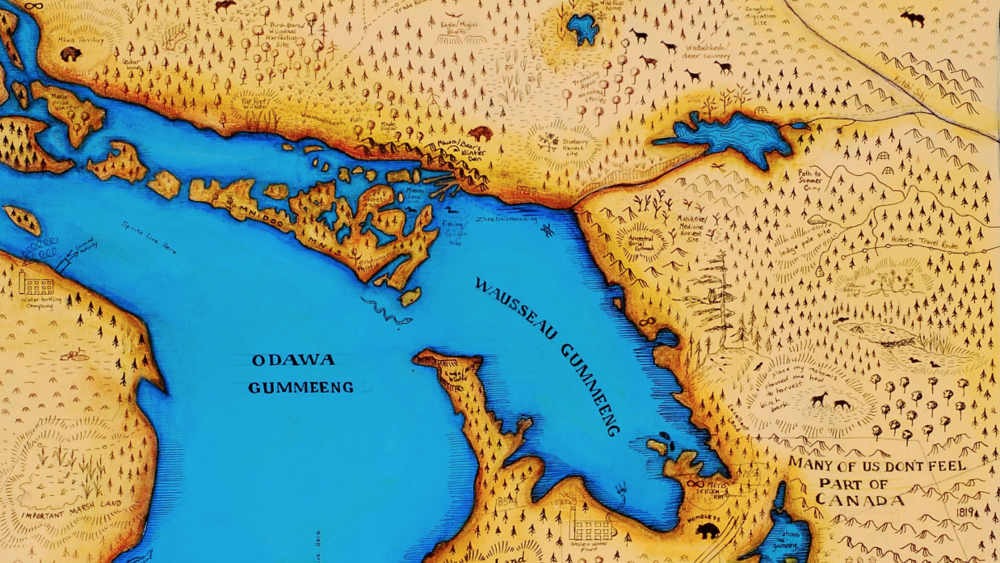
The Rise of the First Nations Land Management Regime in Canada: A Critical Analysis
Federal Budget 2018 contains significant investments in the First Nations Land Management regime, including $143.5 million over five years beginning in 2018-19, and $19 million per year ongoing. In December 2018, the First Nations Land Management Act was amended, lowering the voting threshold for…
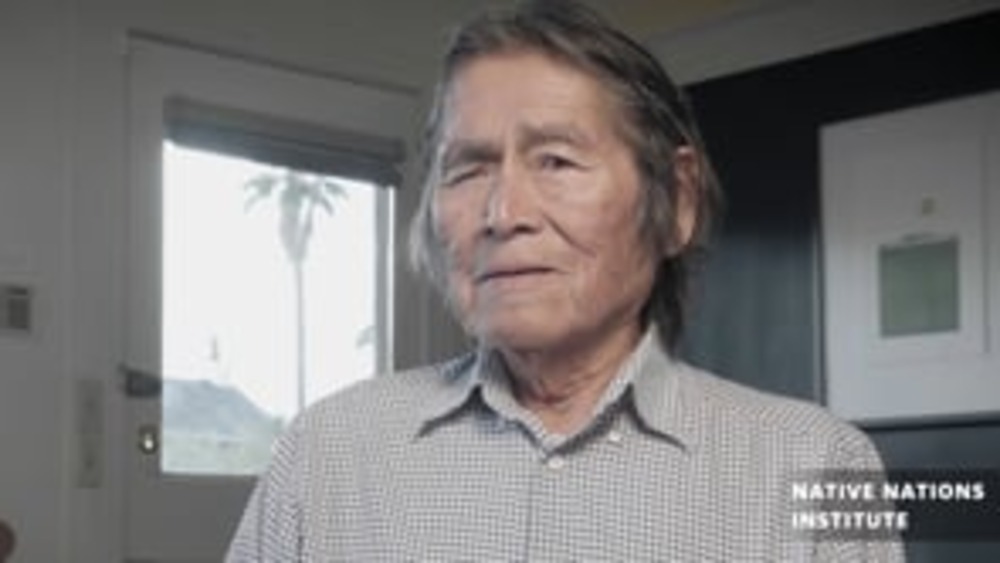
Vernon Masayesva: Self-Governance and Protecting Water
Former Tribal Chairman of the Hopi Nation and Executive Director of Black Mesa Trust, Vernon Masayesva relays his thoughts about advocating for self-governance and protection of water rights for Indigenous people. His pursuits in holding accountability of mining in Hopi territory has made Vernon…
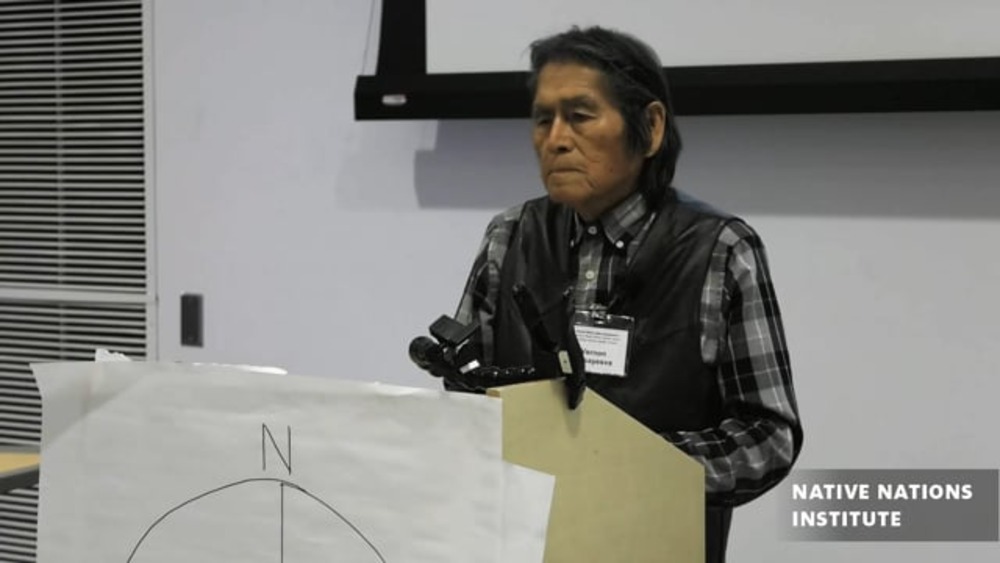
Vernon Masayesva Keynote: Water Ethics Symposium
Vernon Masayesva (Hopi) is the Executive Director of Black Mesa Trust and leading advocate for protecting water resources for the Hopi Nation. He's a Hopi Leader of the Coyote Clan and former Chairman of the Hopi Tribal Council from the village of Hotevilla who has worked for decades…
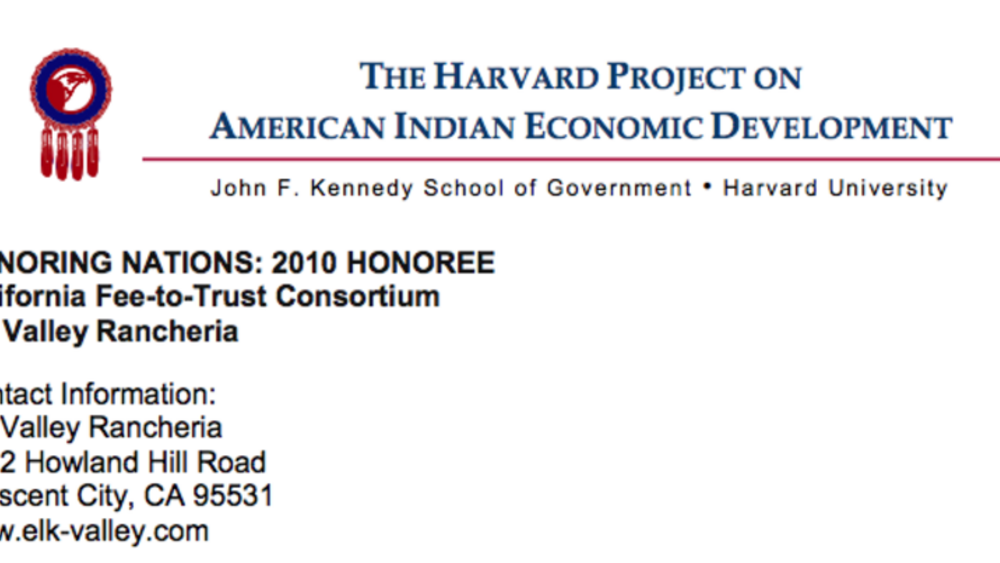
California Fee-to-Trust Consortium
The loss of traditional land is a source of longstanding trauma for Native nations. It has far reaching consequences that began at the time of dispossession and persist today. Many tribes struggle to regain territory in order to support the basic needs of their citizens – housing, economic…
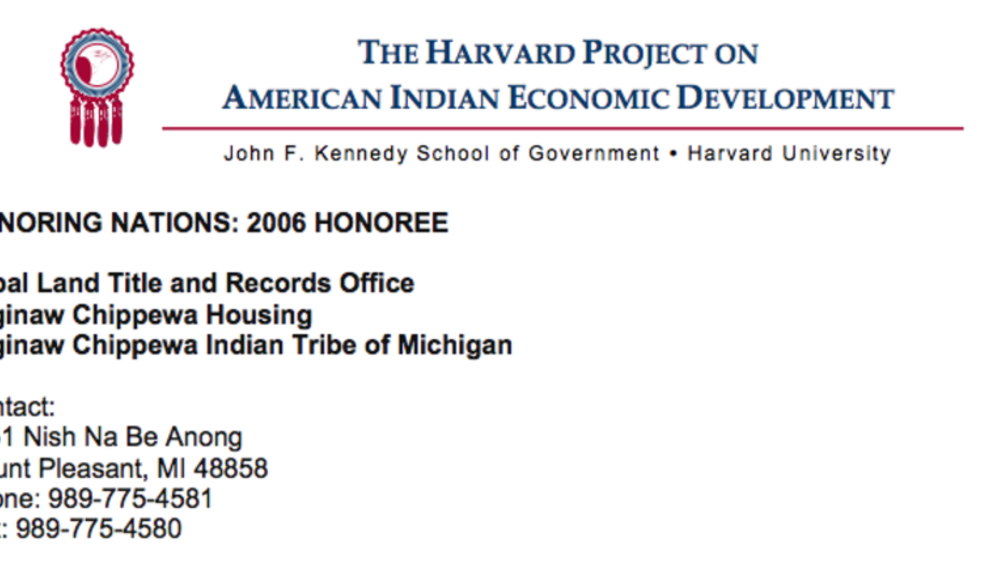
Saginaw Chippewa Tribal Land Title and Records Office
With the ultimate goal of seeing a time when Native people and nations once again own and manage the land within the boundaries of every reservation as well as those lands that are culturally important to them beyond reservations, the Tribal Land Title and Records Office keeps all records and…
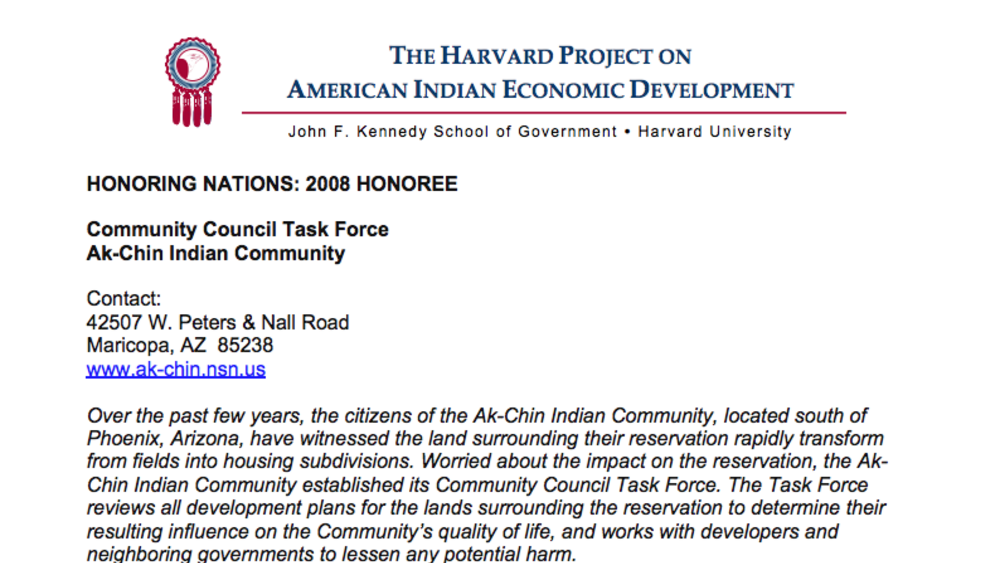
Ak-Chin Community Council Task Force
Over the past few years, the citizens of the Ak-Chin Indian Community, located south of Phoenix, Arizona, have witnessed the land surrounding their reservation rapidly transform from fields into housing subdivisions. Worried about the impact on the reservation, the Ak-Chin Indian Community…
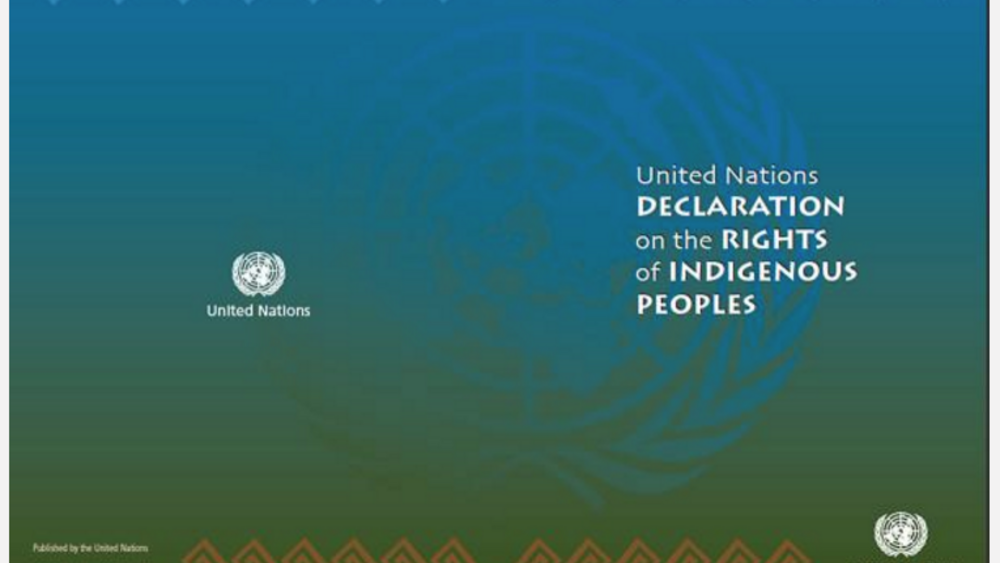
People Belong to the Land; Land Doesn't Belong to the People
The United Nations Declaration on the Rights of Indigenous Peoples (UNDRIP) does not recognize the right of indigenous nations to own land outside the laws and rules of national governments. According to international historical doctrines of discovery, Indigenous Peoples, non-Christian nations,…
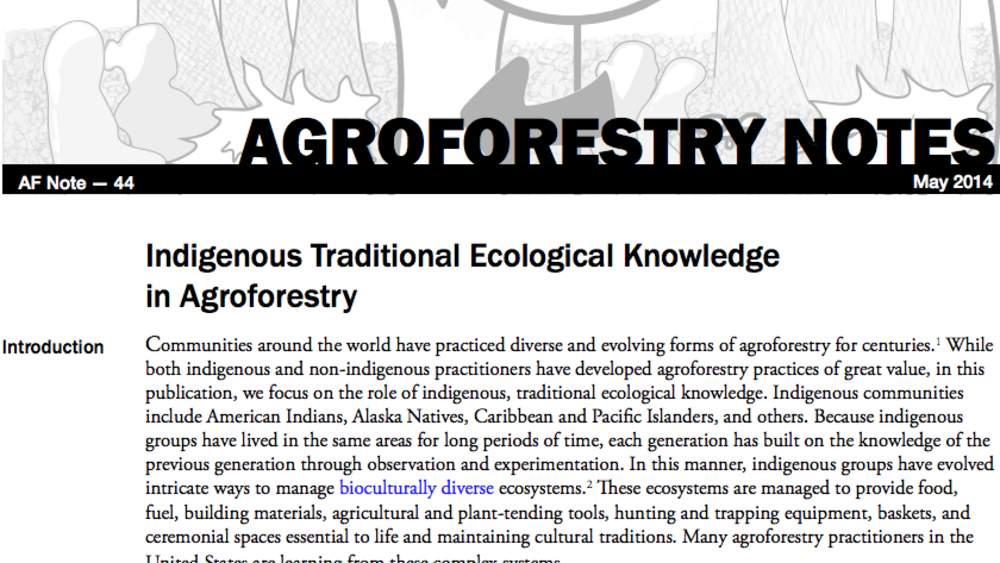
Indigenous Traditional Ecological Knowledge in Agroforestry
Communities around the world have practiced diverse and evolving forms of agroforestry for centuries. While both Indigenous and non-Indigenous practitioners have developed agroforestry practices of great value, in this publication, we focus on the role of Indigenous, traditional ecological…
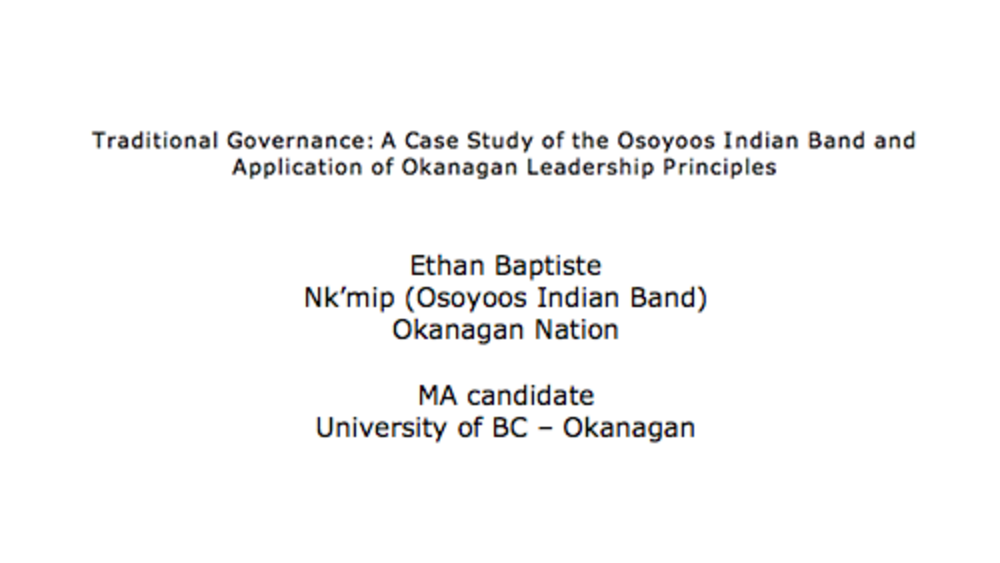
Traditional Governance: A Case Study of the Osoyoos Indian Band and Application of Okanagan Leadership Principles
There are traditional Okanagan governance and leadership principles and guidelines that have been informed through language terms and traditional stories. These have been interpreted and taught to us by our elders of the Okanagan Nation. Five principles of traditional Okanagan leadership will be…
